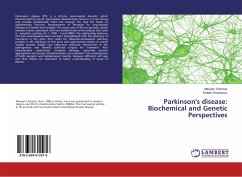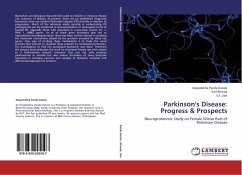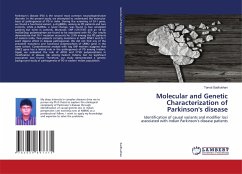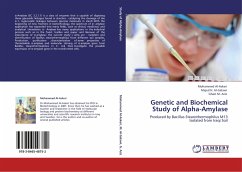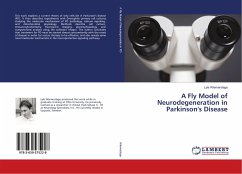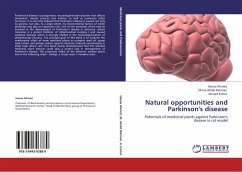Parkinson's disease (PD) is a chronic neurological disorder which characterized by loss of nigrostriatal dopaminergic neurons. Current drugs only provide symptomatic relief and manage the stop the death of dopaminergic neurons. Developments of therapies for neurological diseases are limited and complex. The many case of PD are sporadic, genes mutation which associated with rare familial forms of the disease that code - synuclein, parking, DJ- 1, PINK - 1 and LRRK2. The relationship between UPS and neurodegeneration has been strengthened with the discovery of mutations in the gene that codes for ubiquitin-proteasome pathway proteins in PD. Discovery of this gene and experimental studies in animal models provide insight into important molecular mechanisms in the pathogenesis and identify potential targets for treatment. Also mitochondrial dysfunction, oxidative damage, abnormal protein aggregation and protein phosphorylation are essential in the pathogenesis of both sporadic and familial.signal transfer between different cell type and their effects are important to better understanding of cause of disease.
Bitte wählen Sie Ihr Anliegen aus.
Rechnungen
Retourenschein anfordern
Bestellstatus
Storno

